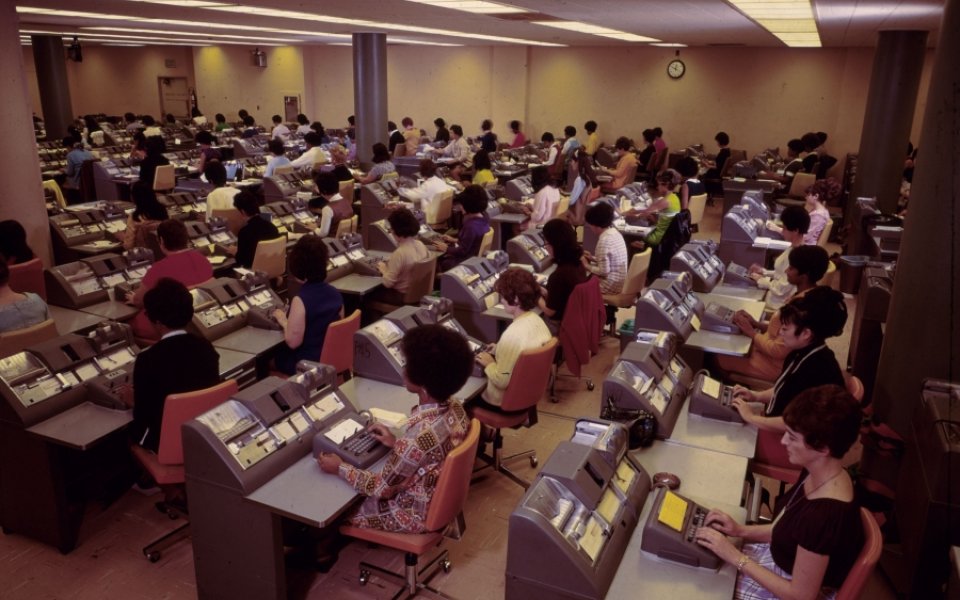Zero hours contracts are not all bad, as staff report being just as satisfied as their permanent, full-time counterparts

Staff on zero hours contracts are just as contented with their work as their permanent, full-time counterparts.
According to research released today from the Chartered Institute of Personnel and Development (CIPD), 65 per cent of zero hours staff said they were either satisfied or very satisfied with their jobs, compared to 63 per cent of employees overall.
Those working zero hours jobs are also less likely to struggle with stress, with less than a third (32 per cent) saying they felt under excessive pressure at work at least once or twice a week, compared to 41 per cent of all employees.
“Zero hours contracts are becoming a permanent feature of the UK labour market, but they are often characterised as offering low quality work on unfair terms which is inferior to permanent, full-time contracts,” said Peter Cheese, chief executive of the CIPD. “Our research shows that zero hours contracts employees don’t always see their jobs in such a negative light. On average, they find their jobs as satisfying as other employees which suggests that zero hours contract offer positives as well as negatives.”
However, the study also found that, of the 88 per cent of those on a zero hours contract who said they had opted to work part-time, nearly a quarter (22 per cent) said they would like to be doing more hours.
The report also pointed out areas where employers hiring on a zero hours basis could improve their offering, with employees on zero hours contracts being more likely than to say they saw fewer ways to sharpen their skills at work.
Mark Beatson, chief economist at the CIPD, added: “In the operation of zero hours contracts, as in all forms of employment, there is scope to improve practice. The key principle for the effective and ethical use of zero hours contracts is that, wherever possible, the flexibility they offer should work for the individual as well as the employer. Well-managed zero hours contracts can be an effective means of matching the needs and requirements of modern business and modern working lives, but as the numbers continues to rise, it’s important that employers understand how to make this match.”